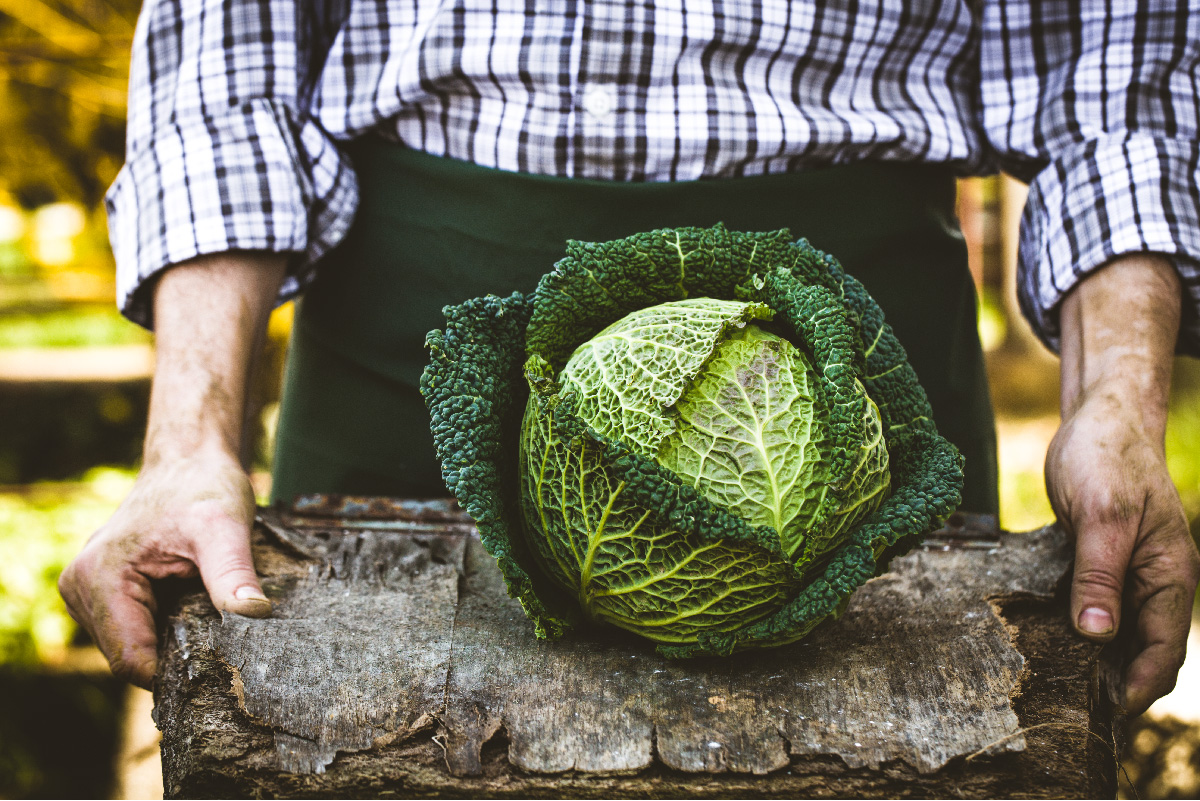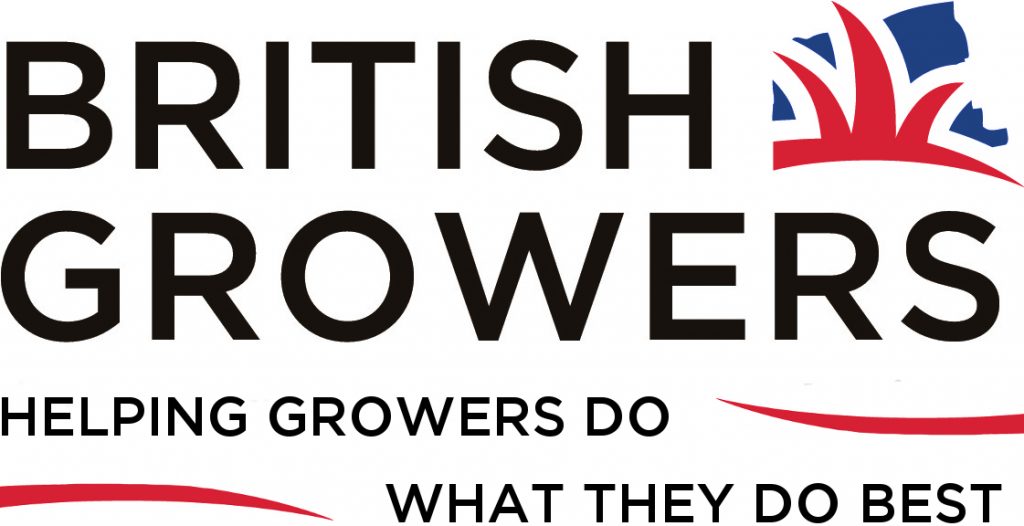
Quick round up
The past few weeks have been dominated by the ongoing impact of the pandemic which is affecting the fresh produce sector in numerous different ways.
Labour availability is even tighter than last year due to a combination of the new immigration rules, a delay in setting up the two new Seasonal Worker permit operators and intense competition for staff from other higher margin industries. We are in conversation with Defra on this issue and in particular the need to confirm an extension to the current Seasonal Worker permit scheme into 2022.
Cost increases in staffing, haulage, packaging, fertiliser and almost everything else is challenging the already slim margins which most growers operate on. The Brassica Growers recently put out a press statement calling for additional support from retailers to assist with these unprecedented and unplanned costs increases. There has been a significant take up of the release including the Sunday Times.
For the past 8 months we have been asking Defra for an extension to the PO funding for POs whose programmes expire in the next couple of years. In time for Fruit Focus, Defra issued a statement stating that funding will continue for the POs with programmes ending in 2021 and 2022 to avoid (in their words) an ‘airgap’ in funding.
National Food strategy
We have been in conversation with the team working on the National Food Strategy regarding future support for the sector. We shared with them several ideas we have been working on which could form the basis of a new look support scheme for the sector. So, it was interesting to see some of our thinking coming through in the final report and recommendations. This is a brief summary of the elements which are possibly of most interest and immediate relevance:
- Fresh produce is the sector of primary food production where growth most squarely aligns with the national interest.
- There are clear opportunities for UK growers to secure a greater share of the UK market.
- One priority for Defra should be fruit and vegetable growing, with its innovation funding becoming a key component of an ambitious growth strategy for fresh produce, developed with the industry.
- Fruit and vegetable production should be supported by a wider programme of investment to boost horticultural productivity sustainably, creating a less bureaucratic, more inclusive and better funded successor to the previous EU Fruit and Vegetable Regime.
- Defra should adapt the best elements of the EU scheme, to create a package of investment that aligns more closely with Government, consumer and grower requirements.
The next step is for the Govt to respond to the recommendations, and we expect their response to be published in around six months. The challenge for us is to follow up on the strategy recommendations and move them from recommendation status to tangible measures to support the industry over the next decade.
R&D in the fresh produce sector
We know from our discussions with Defra that the future of R&D for the sector is under active consideration. The problem is … we not very clear what ideas are under active discussion and while the Minister in her presentation to the recent Festival of Fresh conference restated Defra’s intention to honour the outcome of the vote, she wasn’t forthcoming about any options for the future.
In the meantime, the Grower Better Levy Group (which comprises a voluntary group of 36 independent business operating in the horticulture and potato sectors) has been actively working on a future R&D strategy and structure and recently published the following list of asks which have been presented to Victoria Prentis.
- R&D provision will be competitively tendered for.
- Key AHDB staff must not be lost from the industry and halted projects deemed vital by the sectors must be completed.
- The continuation of a small Statutory Levy is necessary to fund critical work.
- A larger voluntary investment levy will be necessary for agreed programmes of work and growers should have the ability to vote for this by sector on a regular basis.
- Within crop sectors, voluntary funds will be raised for the whole sector to fund projects that benefit all, or they will be raised on an individual crop basis for crop specific projects. The option will be there to fund longer term projects.
- To fund programmes of work, crop specific investment funds will be created, accessing investment funds. Tax relief and match funding by Defra should be made available.
- The overhead costs should not exceed 15% of levies paid.
For further information about the Grower Better Levy Group, go to their page.
The Pingdemic and critical roles
We have had conversations with Defra about including critical harvest roles within the list of roles which fall into the category of reasonable excuses to leave the self-isolation rules.
In mid-July the Govt published a list of roles in sectors covered by Defra’s remit which would qualify as ‘reasonable excuses to leave the isolation rules’, although anyone taking up this option would need to abide by a longish list of other equally stringent requirements instead. Unfortunately, the list does not include any harvest activities or indeed any on farm type activities. I am guessing with the increase in infection rates, the Govt is reluctant to go too far in relaxing the rules in the hope infection rates will continue to fall and their 16 August target of scrapping self-isolation for the double-jabbed who are pinged by the NHS contact tracing app is – to use the words of the Prime Minster – “nailed on”.



